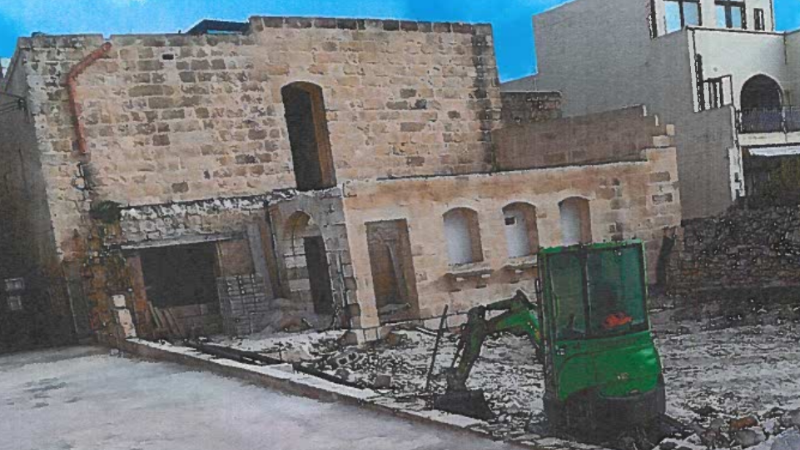Former Prime Minister Alfred Sant is not your typical political crook. In 1992 he made a clean sweep of his party, and in his brief term in office he showed respect for the institutions, even retaining the same police commissioner he inherited from the previous administration.
Under his watch, then Justice Minister Charles Mangion resigned over a minor case involving a presidential pardon to a small-time drug dealer. Dr Sant, now a Labour MEP, was also one of the few Labour politicians to call on Konrad Mizzi to resign following the Panama Papers revelations.
But there was always an insular nationalistic streak in Alfred Sant which culminated in his firm opposition to EU membership and his refusal to accept the results of the EU referendum. Alfred Sant storming into the counting hall, to declare a victory of the partnership over membership, was one of the most surreal moments in contemporary history. By calling on his supporters to celebrate a victory which existed only in his head, Sant risked civil disorder.
Once again donning his Mr Hyde outfit, in a bizarre Facebook post yesterday, he dismissed as misinformation the claims that the rule of law in Malta collapsed. He implied that the international press, MEPs from all political families and Maltese civil society activists were all part of some global conspiracy.

Treading on more dangerous ground, Sant also called on those who believed that the rule of law is being respected in Malta to take to the streets and “calmly assemble” in front of the law courts. In the current climate, these words can easily be interpreted by Labour supporters as a call to take to the streets and possibly clash with those criticising the government. In line with similar calls by Turkish President Recep Tayyip Erdogan following the attempted coup last year, the appeal aims to gather a show of force in support of government.
Yet there is something ambiguous in Sant’s call for civic action. He invites people to assemble in a non-partisan way in defence of “democracy, the freedom of expression and the rule of law in the country,” while rejecting the notion that these are “threatened in our country.” What need is there to assemble if there is no threat to these three pillars of life in a liberal democracy?
But this raises the question: how can one defend the rule of law and democracy without acknowledging that the institutions failed us when the police and the Attorney General failed to act against the Prime Minister’s Chief of Staff Keith Schembri and Minister Konrad Mizzi once they were made aware of FIAU reports which raised suspicions of serious wrong doing? How can someone as intellectually honest – in terms of sticking to his own world view – as Alfred Sant ignore this inaction?
The answer to this question was given by the Pana Committee in its final report on its investigations.
The committee noted that Malta was the only Member State which had a government minister named among the PEPs mentioned in the Panama Papers. It also noted that Member States started inquiries soon after the Panama Papers revelations. This was not the case in Malta, where “there has been no police investigation despite evidence from the FIAU of serious risks of money laundering.”
There is something sinister in mobilising civil society in support of a government which is so politically strong that it can afford to ride roughshod over critics. His call is ultimately contradictory: for how can people protest in defence of the rule of law and not recognise that it is being threatened by the failures of the government, facilitated in no small part by the institutional shortcomings left by previous Nationalist administrations?













